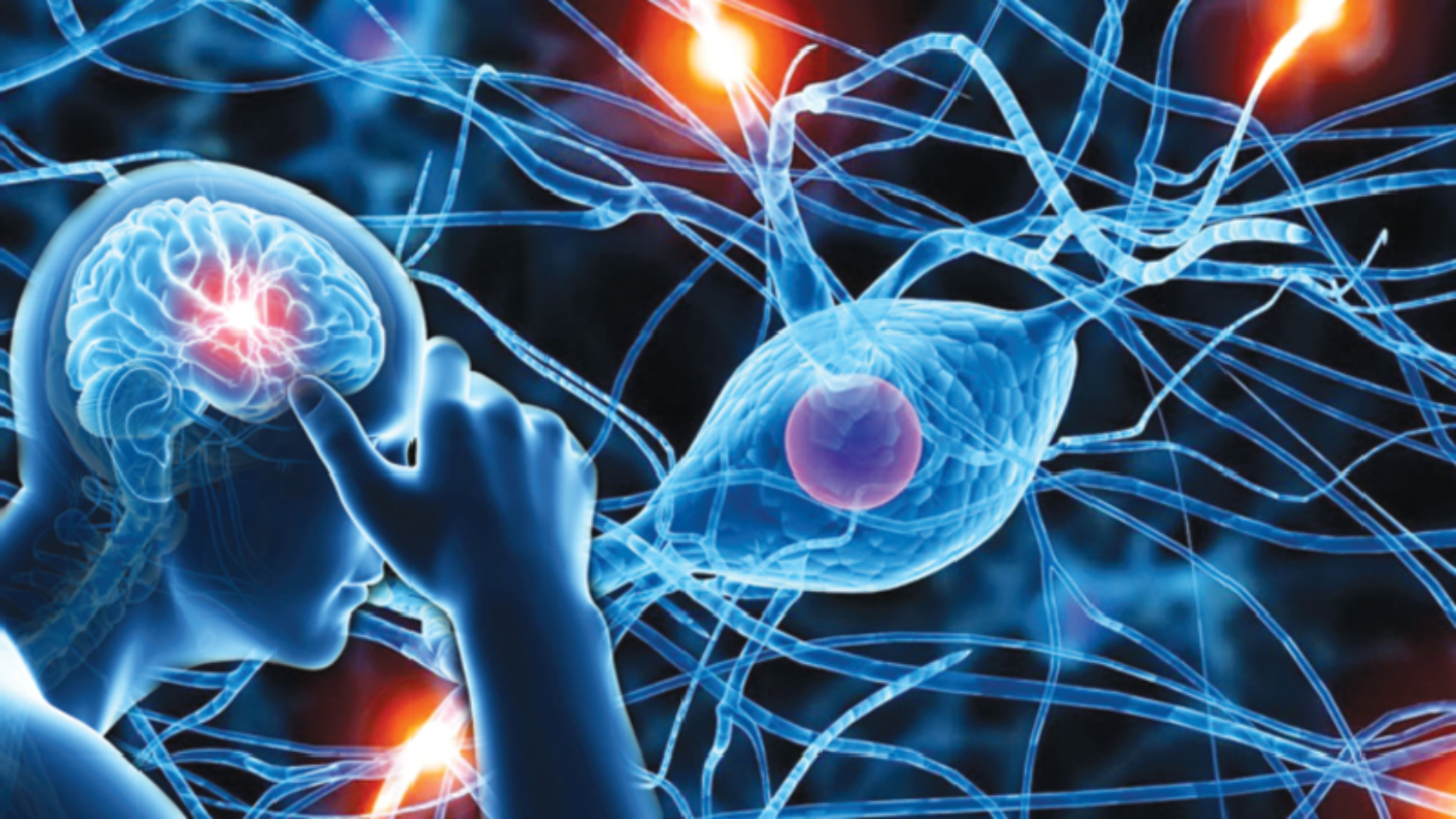Neurology plays a significant role in unraveling the complexities of the brain. This branch of medicine focuses on the diagnosis and treatment of disorders affecting the nervous system, which includes the brain, spinal cord, and peripheral nerves. With its detailed study of how the brain functions, neurology enables professionals to identify, manage, and treat various brain-related conditions. By bridging the gap between scientific understanding and medical application, neurology provides insights into many common and complex brain disorders.
How Does Neurology Help Diagnose Brain Disorders?
Neurology employs various methods to evaluate and understand brain function. Neurologists use physical examinations, neurological tests, and imaging studies to assess how well the brain and nervous system are working. Tests such as MRIs, CT scans, and EEGs help provide detailed visualizations of the brain’s structure and activity, offering valuable information about potential abnormalities.
Through these assessments, neurologists evaluate symptoms like headaches, memory issues, or motor changes. They analyze how these symptoms relate to the brain’s functioning, helping to pinpoint specific conditions. By leveraging data from tests and examinations, neurologists create thorough diagnostic profiles. This process allows for tailored treatment approaches that address the individual needs of each patient.
What Are the Most Common Brain Disorders Neurologists Treat?
Neurologists manage a wide range of brain disorders. Some of the most frequently treated conditions include the following:
- Epilepsy: A neurological condition characterized by recurrent seizures caused by abnormal electrical activity in the brain.
- Migraine: A severe form of headache often accompanied by nausea, visual disturbances, or sensitivity to light and sound.
- Multiple Sclerosis (MS): A condition where the immune system attacks the protective covering of nerves, disrupting communication between the brain and the body.
- Stroke: Occurs when blood flow to the brain is interrupted, leading to potential long-term disabilities or even death.
- Parkinson’s Disease: A movement disorder that affects the brain’s ability to regulate muscle activity and coordination.
- Alzheimer’s Disease: A progressive brain disorder that impacts memory, thinking, and behavior, commonly associated with aging.
These disorders vary widely in their symptoms, complexity, and progression, but neurologists are equipped with the tools and knowledge to evaluate and treat each effectively. Understanding these conditions is the first step in managing their effects on daily life.
What Advancements in Neurology Are Improving Brain Disorder Treatments?
Neurology is constantly evolving, with advancements driving improvements in diagnosis and treatment. Imaging technology has seen significant developments, offering clearer and more detailed brain scans. These improvements help neurologists detect disorders earlier and refine treatment plans with greater precision. AI and machine learning are now being integrated into diagnostic tools, allowing for the development of predictive models. These innovations contribute to better personalization of treatment by tailoring therapies to the unique profiles of patients.
Neuromodulation techniques, such as deep brain stimulation, are also offering new solutions for managing chronic conditions like Parkinson’s disease and epilepsy. These advancements enhance treatment outcomes and empower medical professionals to explore innovative ways to address brain disorders. By adopting emerging technologies, neurology is continuously improving both the quality and accessibility of care.
Schedule a Consultation
Consulting a neurologist is an effective first step if you experience symptoms or conditions that affect your brain or nervous system. Understanding and addressing the root causes of brain disorders often lead to better long-term management.
Book an appointment today to explore how neurology can support your health. Whether investigating symptoms or discussing treatments, a consultation offers the opportunity to take control of your well-being with expert guidance.


[…] See Also: The Role of Neurology in Understanding Brain Disorders […]